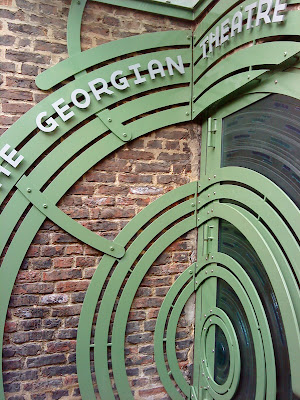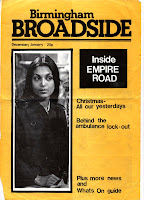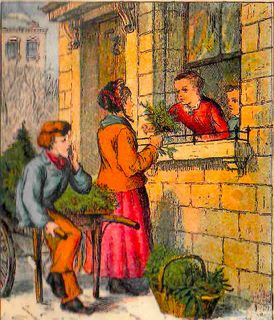
Ebenezer Elliott (1781 - 1849) Corn Law Rhymer & Poet of the Poor
Stop, Mortal! Here thy brother lies,
The Poet of the Poor.
His books were rivers, woods and skies,
The meadow and the moor,
His teachers were the torn hearts’ wail,
The tyrant, and the slave,
The street, the factory, the jail,
The palace – and the grave!
The meanest thing, earth’s feeblest worm,
He fear’d to scorn or hate;
And honour’d in a peasant’s form
The equal of the great.
But if he loved the rich who make
The poor man’s little more,
Ill could he praise the rich who take
From plunder’d labour’s store.
A hand to do, a head to plan,
A heart to feel and dare –
Tell man’s worst foes, here lies the man
Who drew them as they are.
.......................
The Poetry of Ebenezer Elliot
http://www.judandk.force9.co.uk/ellyPoe.htm
The bio of Ebenezer Elliott http://www.judandk.force9.co.uk/elly.htm
Ebenezer Elliott was born at Masbrough, Rotherham (UK) in 1781. Early on, he developed an interest in nature & poetry. While working in a Masbrough iron foundry, he started to get the odd poem published & began a long correspondence with Robert Southey, the eminent poet. In politics & religion, he was a non-conformist who hated injustice & had an interest in the condition of the working man & poor people in general. After going bankrupt in Rotherham, he moved to Sheffield where he did well as an iron & steel merchant. The greatest interest of Elliott's life was in bringing attention to the Corn Laws & getting them repealed. His fierce indignation against the Bread Tax (as he called the Corn Laws) inspired his "Corn Law Rhymes" which made him nationally & internationally famous after their publication in 1831. He died in 1849 & was buried at Darfield Churchyard in the Barnsley area.
To the Bramble Flower
Thy fruit full-well the schoolboy knows,
Wild bramble of the brake!
So, put thou forth thy small white rose;
I love it for his sake.
Though woodbines flaunt and roses glow
O'er all the fragrant bowers,
Thou needst not be ashamed to show
Thy satin-threaded flowers;
For dull the eye, the heart is dull,
That cannot feel how fair,
Amid all beauty beautiful,
Thy tender blossoms are!
How delicate thy gauzy frill!
How rich thy branchy stem!
How soft thy voice, when woods are still,
And thou sing'st hymns to them;
While silent showers are falling slow
And, 'mid the general hush,
A sweet air lifts the little bough,
Lone whispering through the bush!
The primrose to the grave is gone;
The hawthorn flower is dead;
The violet by the moss'd grey stone
Hath laid her weary head;
But thou, wild bramble! back dost bring,
In all their beauteous power,
The fresh green days of life's fair spring,
And boyhood's blossomy hour.
Scorn'd bramble of the brake! once more
Thou bid'st me be a boy,
To gad with thee the woodlands o'er,
In freedom and in joy.
.......................
The Bramble" by George Markham Tweddell
Brave Elliott loved "thy satin-threaded flowers,"
Dear Bramble! All who appreciate those things
 Of beauty which Nature as largess flings
Of beauty which Nature as largess flingsSo freely over valleys, plains, and moors,
Must share the Corn Law Rhymer's healthy love.
And who in Autumn does not like to taste
Thy pleasant Dewberries? There is no waste
Throughout the universe; for all things move
In strict obedience to the unchanging laws
Wisely laid down by Him who cannot err;
And He alone is His true worshipper
Who studies to obey them. The Great First Cause
Adorns our very brakes with fruit and flowers, -
As if to teach us all that happiness may be ours.
..................
To read more about the correspondance and poetry exchange between Ebenezer Elliott and George Markham Tweddell, a special section of the Ebenezer Elliot site dedicated to it can be found Here - http://www.judandk.force9.co.uk/Tweddell.html
A hub to the biography and poetry of George Markham Tweddell can be found here
http://georgemarkhamtweddell.blogspot.co.uk/


.jpg)
.jpg)











































